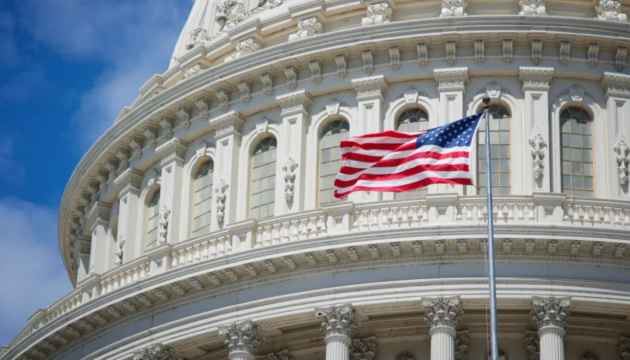Brookings Schaeffer Initiative for Health Policy
Our work in Brookings Schaeffer Initiative for Health Policy
-
Private Equity Investment as a Divining Rod for Market Failure: Policy Responses to Harmful Physician Practice Acquisitions
It is unclear whether private equity investment is itself a problem or whether, in the absence of private equity, other sources of capital—such as public equity, venture capital, health systems, and insurers—would similarly exploit existing market failures and legal loopholes in the healthcare system.
Categorized in -
Government Regulated or Negotiated Drug Prices: Key Design Considerations
Americans pay much higher prices for brand drugs than do people who live in other industrialized nations. Most Americans—79 percent—consider U.S. prescription drug prices to be unreasonable, with almost 3 in 10 reporting they go without prescribed medications because of cost. With 70 percent of Americans reporting that lowering drug costs is their highest healthcare priority, the Congress and the Biden Administration are considering how to lower US drug prices
-
Drug Rebates in Medicare Part D
On July 27, the USC-Brookings Schaeffer Initiative for Health Policy will host a webinar to discuss how the increasing reliance on rebates burdens many Medicare patients and policy solutions.
Categorized in -
“Equal Weighting” is a Poor Framework for Arbitration Decisions Under the No Surprises Act
If arbitrator are required to consider or weigh the various factors “equally” under the No Surprises Act, it would be close to meaningless and leave arbitrators without an actionable framework for making decisions. A lack of clear guidance would be costly—resulting in excessive use of arbitration, excessive payments to providers, and, in turn, excessive premiums.
-
Commercial and Medicare Advantage Payment for Anesthesiology Services
This study compares payments for common outpatient anesthesiology services by commercial health plans, Medicare Advantage (MA), and traditional Medicare.
-
The Case for Replacing “Silver Loading”
An analysis of how a public option may or may not reduce healthcare costs in the U.S.
-
Designing a Public Option that Would Reduce Healthcare Provider Prices
An analysis of how a public option may or may not reduce healthcare costs in the U.S.
-
Congress Should End Dialysis Companies’ Third-Party Games with Insurance Coverage
A new op-ed in STAT highlights practices by dialysis facilities where they try to push patients into individual market plans by financing patients’ premiums for those plans
-
Emergency Physicians Recover a Higher Share of Charges from Surprise Medical Bills
Emergency physicians recover a higher share of charges from out-of-network care than from in-network care.
-
The American Rescue Plan’s Premium Tax Credit Expansion—State Policy Considerations
Premium Tac Credit (PTC) expansion has profound implications for state health policy, aiding state efforts to make coverage more affordable and accessible.








